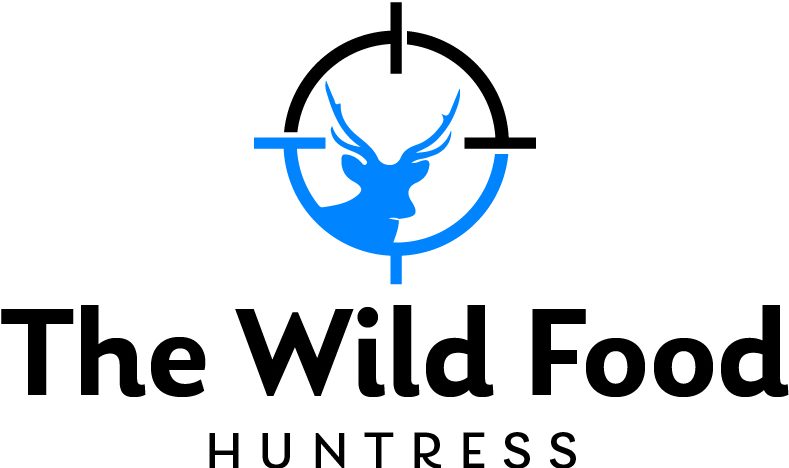Australian dairy producers and farmers have asked the government not to create a “scapegoat” in the final stage of negotiations for trade in Australia’s European Union.
The demand was prompted by the fear that Australian producers may be prevented from using the name prosecco and feta as part of the free trade agreement both sides hope to complete at the end of the year.
Trade minister Don Farrell said names were unresolved in talks, and he tried to convince the EU to acknowledge “just how important and how difficult it is to give those things up.”
In an interview with the Guardian, the Australian political show, Farrell refused to deny any possibility for a change in policy if the EU was willing to give extensive trade access to Australian exporters.
“Ultimately, we want a deal,” Farrell declared. “If we’re serious about trade diversification, then we need to ensure that we have a variety of free trade agreements, but we haven’t made any concessions in respect of these products, and let’s see how the negotiations go.”
Rick Gladigau, the president of the advocacy group Australian Dairy Farmers, urged the Australian government to “hold the line” because the loss of name rights could have a “a huge negative effect on the dairy industry”.
- Sign up for Guardian Australia’s no-cost morning and afternoon newsletters for a daily roundup of news.
Gladigau claimed that smaller cheese makers could go in the red. He described industry meetings with Farrell and Australian negotiators from the government to be “extremely positive.” Still, he said he was not convinced that the EU would give up on the name issue “without a fight.”
“I’d be pretty disappointed if dairy became the scapegoat for something else just to get this across the line,” Gladigau declared.
“We’ve seen the minister come out in the early stages and say ‘we’re not signing an agreement that isn’t beneficial for Australia’. We say, okay That’s great because that’s what we want to hear. Just don’t slash dairy as part of this trade.”
Gladigau declared that his Australian dairy industry would have to bear expenses of $85 million to $90 million within the first year if the EU had everything it desired. The reason for this was the expanded EU access to markets in Australia and also the cost of renaming and packaging.
He also said there will need to be a marketing campaign to help educate the public about it. “If you’re looking at a recipe that says you’ve got to add feta to this salad and you go into the shop and you see feta, which would be European, and you see who knows what else which would be Australian, you’d go, well, I don’t know what that is, I’ll buy the feta.”
Lee McLean, the chief executive officer of Australian Grape & Wine, acknowledged that giving up on the name prosecco would be “a very dangerous precedent.”
He pointed out that the EU had changed the name of Glera as a grape variety in 2009 in order to limit the use of the term prosecco for wines made within the Italian region.
McLean stated that Australian producers had made investments in good faith into this grape variety’s name. However, they were told by the EU that it “effectively changed the rules on us.”
“We wouldn’t want to see that happen to prosecco producers in Australia, but we’re also concerned about all those other producers that could risk having other grape variety names taken away from them in similar circumstances if that precedent is set.”
McLean claimed that wine producers had been in talks about wine production with Farrell as well as the federal administration “for a long period of time.”
“We think he’s got a good understanding of the matter and we’re pleased to see that there have been no concessions regarding the issue of prosecco as of yet. It’s vital to maintain his principled method,” McLean said.
The trade spokesperson for the Coalition, Kevin Hogan, said free trade agreements were “like a game of poker,” and he advised Farrell to stand the line.
“Don’t blink,” Hogan told the crowd.
The EU is currently Australia’s third largest trading partner; however, Australian negotiation teams are on the lookout for more market access for exports like meat from sheep, beef, and dairy products.
“Europe is a collection of nations with 450 million inhabitants and a total economy that is worth $23 trillion. This is a huge market that could be very lucrative in Australia,” Farrell said.
When asked if a deal could be feasible without Australia agreeing to the issue of product names, Farrell said he wished that he “had the final answer to that.”


